Undergrad game developers sign video game development deal
This is the first time that a team from EECS 494 has signed a funded publishing deal.
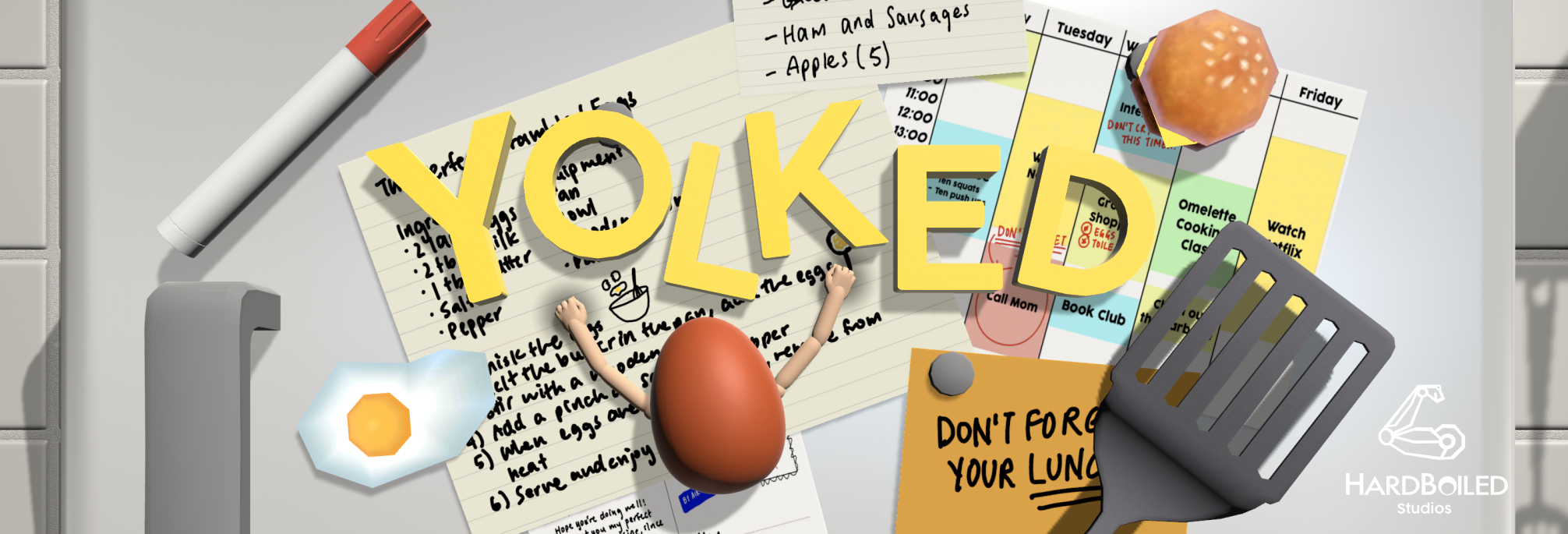
 Enlarge
Enlarge
A team of undergraduate students is on the path to releasing a commercial video game with Yolked – a game that began life as their final project in EECS 494, Introduction to Video Game Development.
This is the first time that a team from the class has signed a funded publishing deal to deliver a polished up version of their final project as a published commercial product. The deal is with indie label Hitcents, which is funding the team to publish Yolked via the world’s largest PC game platform, Steam.
In Yolked, players help an egg with human-esque arms to escape the kitchen in a household of hazards. The egg can grab, pull, climb, and throw – but it will also break if it falls.
The original development team for Yolked included Baha Okten (computer science), Hazel Wong (computer science and chemistry), Floney Yang (computer science and economics), and Daniel Zakon (computer science).
When it was time to organize into a team for their final project, this group formed because they all had a strong interest in game design, according to Yang. “We had a shared interest in game development as a potential future and saw the class project as more than just a student project, and for that reason we put as much professionalism as possible into the project. We wanted to see where it could go.”
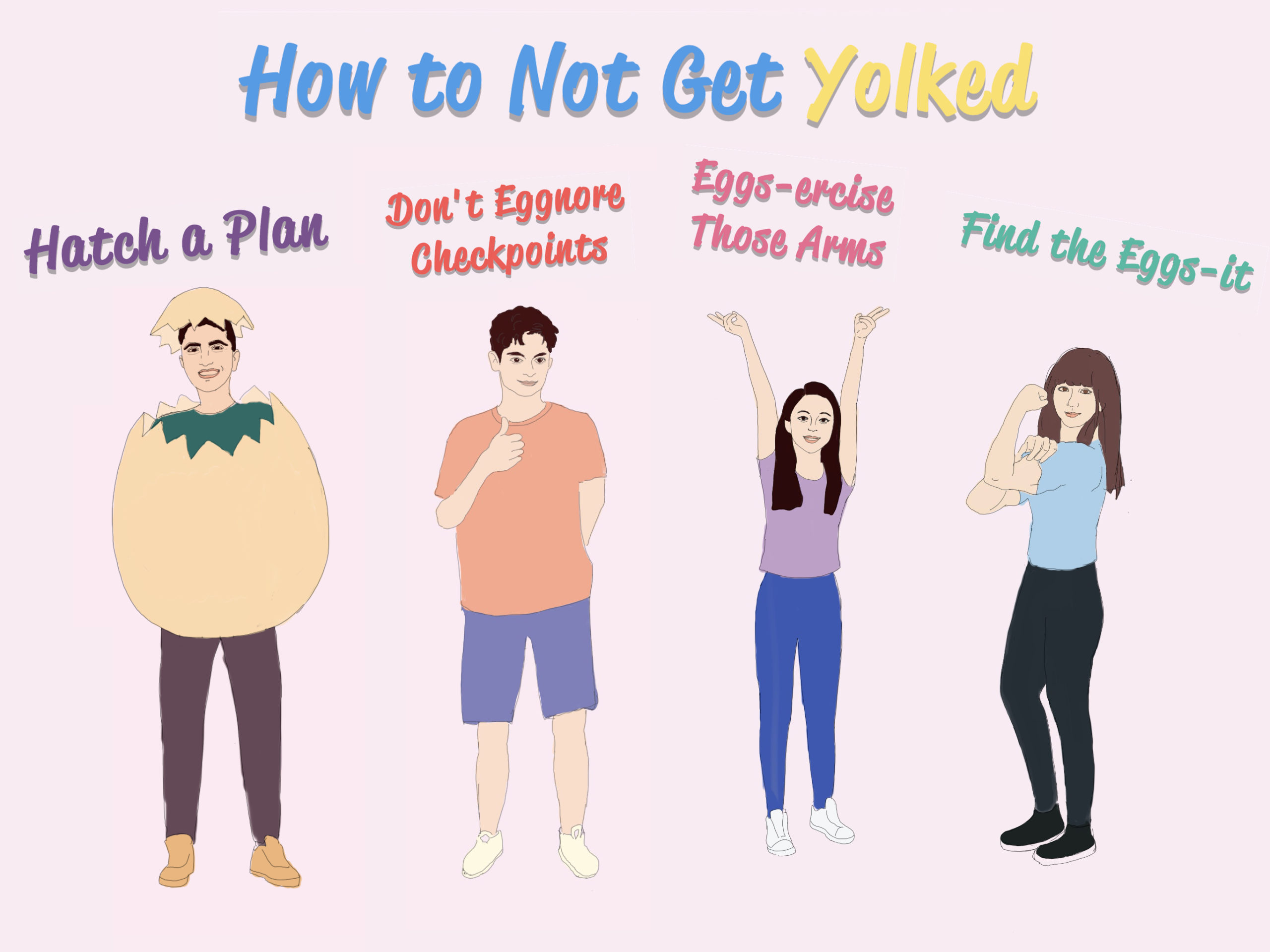
 Enlarge
Enlarge
In terms of the game’s appeal, “Our idea for the game was to make it silly and funny and fun to play,” said Wong. “That’s also why we chose the name ‘Yolked’.”
At the end of the winter 2020 term, Yolked was voted the best game at the EECS 494 Computer Games Showcase.
Because of the game’s success, Okten, Wong, and Yang decided to see if they could take the project further, and they began reaching out to publishers in August of 2020. About that same time, Eli Lustig (information with a minor in art & design) joined the team as their 3D artist. They named their venture HardBoiled Studios, and by October had the publishing deal with Hitcents.
How did this happen? According to Wong, “We searched for indie game publishers on Google and emailed or contacted each of them through their websites. Out of the 20 to 30 publishers that we reached out to, a few connected with us – one of which was Hitcents. We were able to negotiate a deal with them.”
All of the students involved in the project have had previous experience in game design. “We’ve all been involved with WolverineSoft Studios, and have released some games there,” said Lustig. WolverineSoft Studios is the game-publishing extension of the UM student game development group WolverineSoft. One of those past projects, called Back 2 Back, was built at one of WolverineSoft’s 48-hour game jams, where it won first place. That game is also available for play on the HardBoiled Studios website.
As a result, the team has clear ideas about game design that have contributed to their success.
“To make a game,” said Yang, “you need a number of pieces. You need to have an idea, and then programmers who can make it into a reality. You need 3D artists like Eli, who can do the modeling and build all those pretty objects and animations, and you need to have people who can compose music. In our team, Baha created most of the music.
“You also need to be able to market the game, by making a trailer and talking to players and publishers. By combining all of those things together you can make a game. It’s a lot more than programming.”
Austin Yarger, the instructor for EECS 494, is delighted by the team’s success. “Your work in EECS 494 has had impressive impact, and your entrepreneurial spirit post-course is absolutely inspiring,” said Yarger, emphasizing that “this is the first time that one of our student game teams has signed a funded publishing deal.”
The HardBoiled team hopes to have Yolked released by the second quarter of 2021, which would pretty much coincide with their graduation. After that, who knows?
“We’d like to see how the market and industry reacts to this game, which features an egg with human arms that can climb, which is a pretty unique avatar,” said Yang. “If it’s successful, we’d probably want to start a second game and build off of this.”
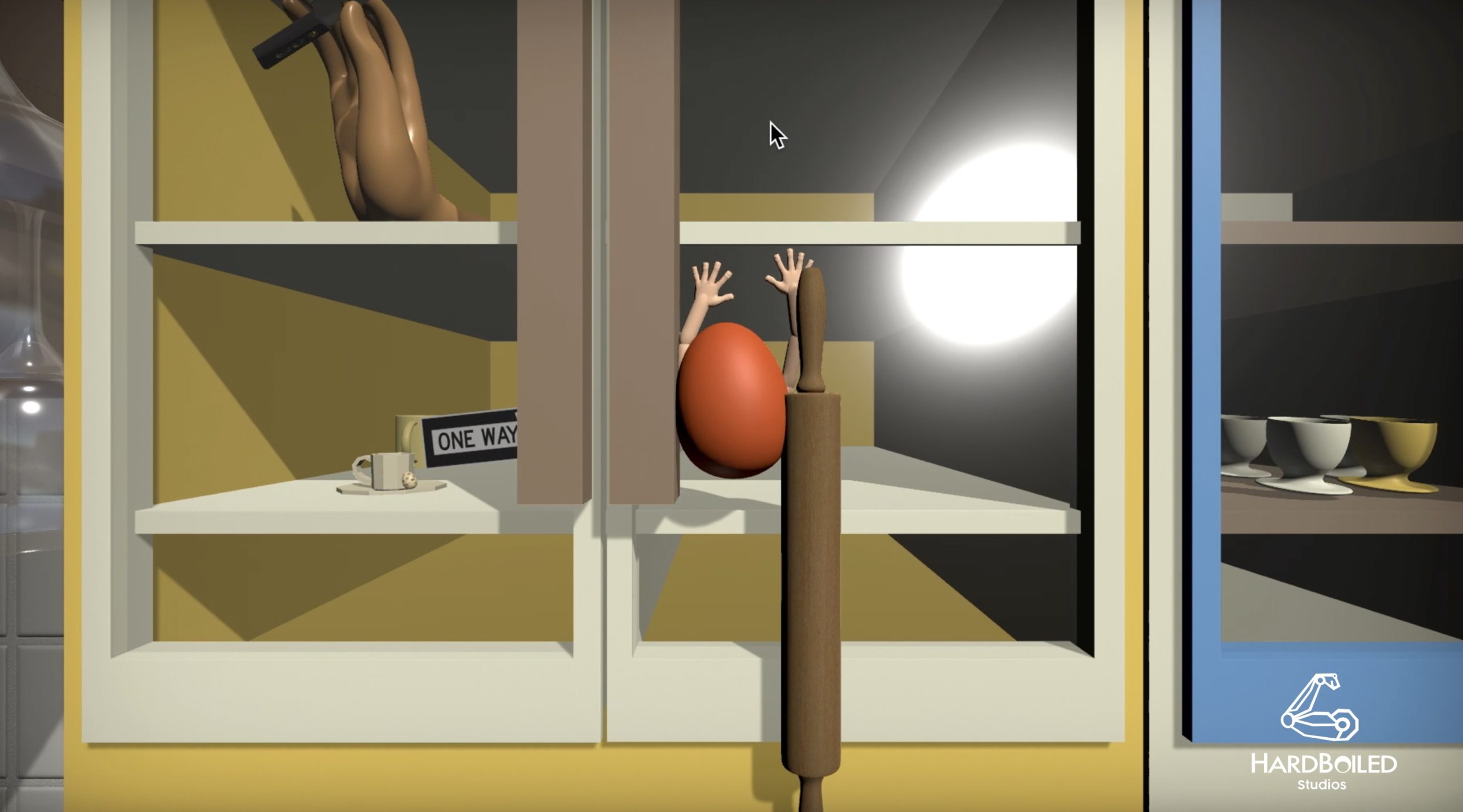
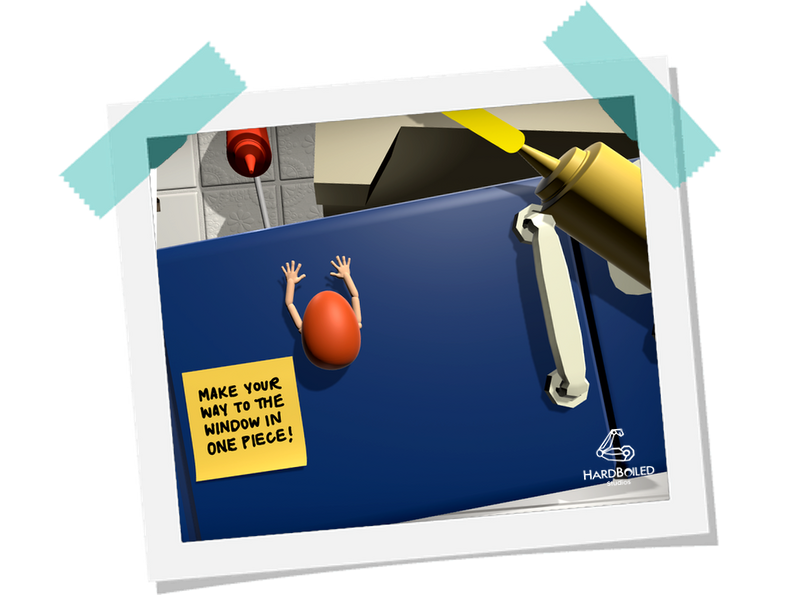
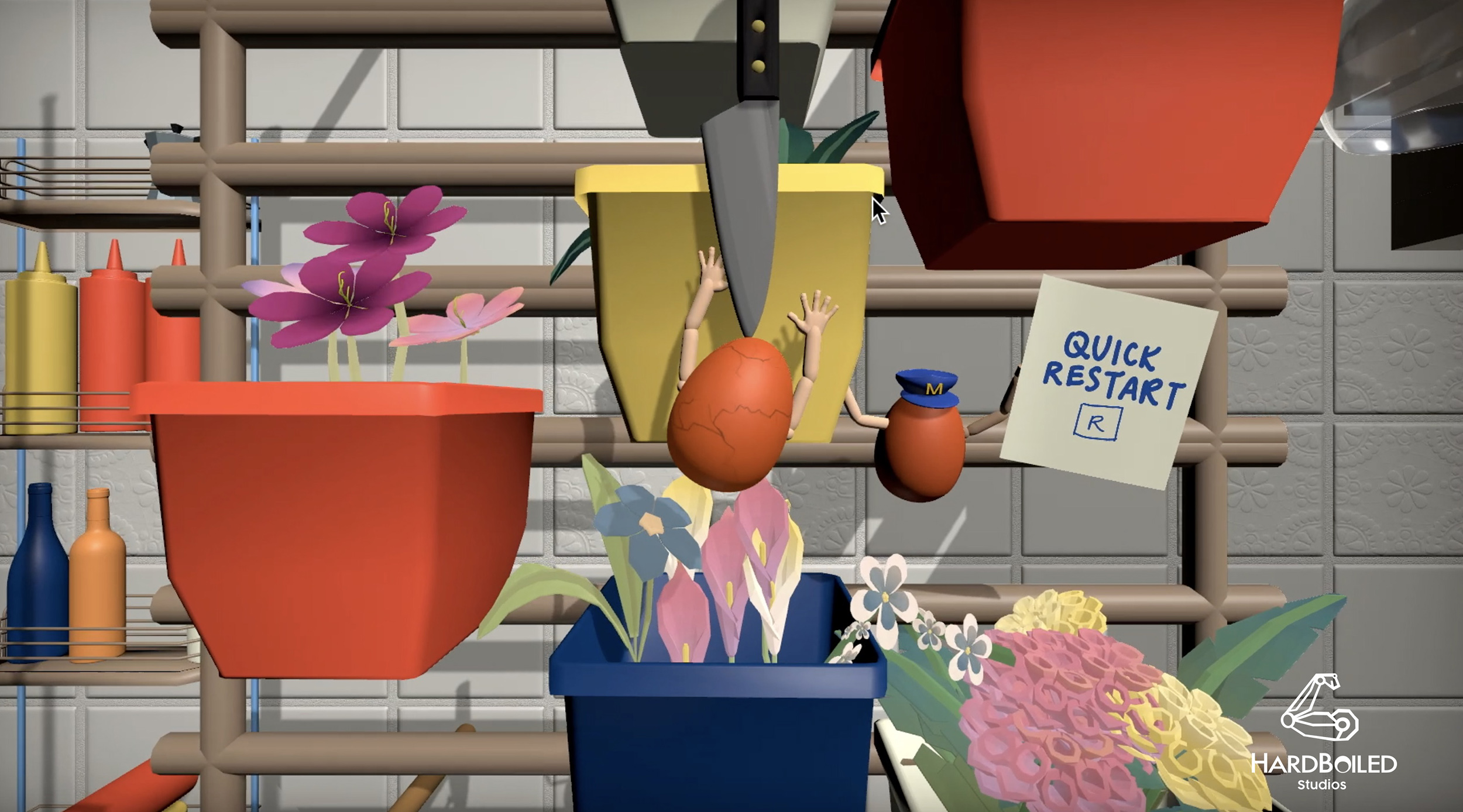
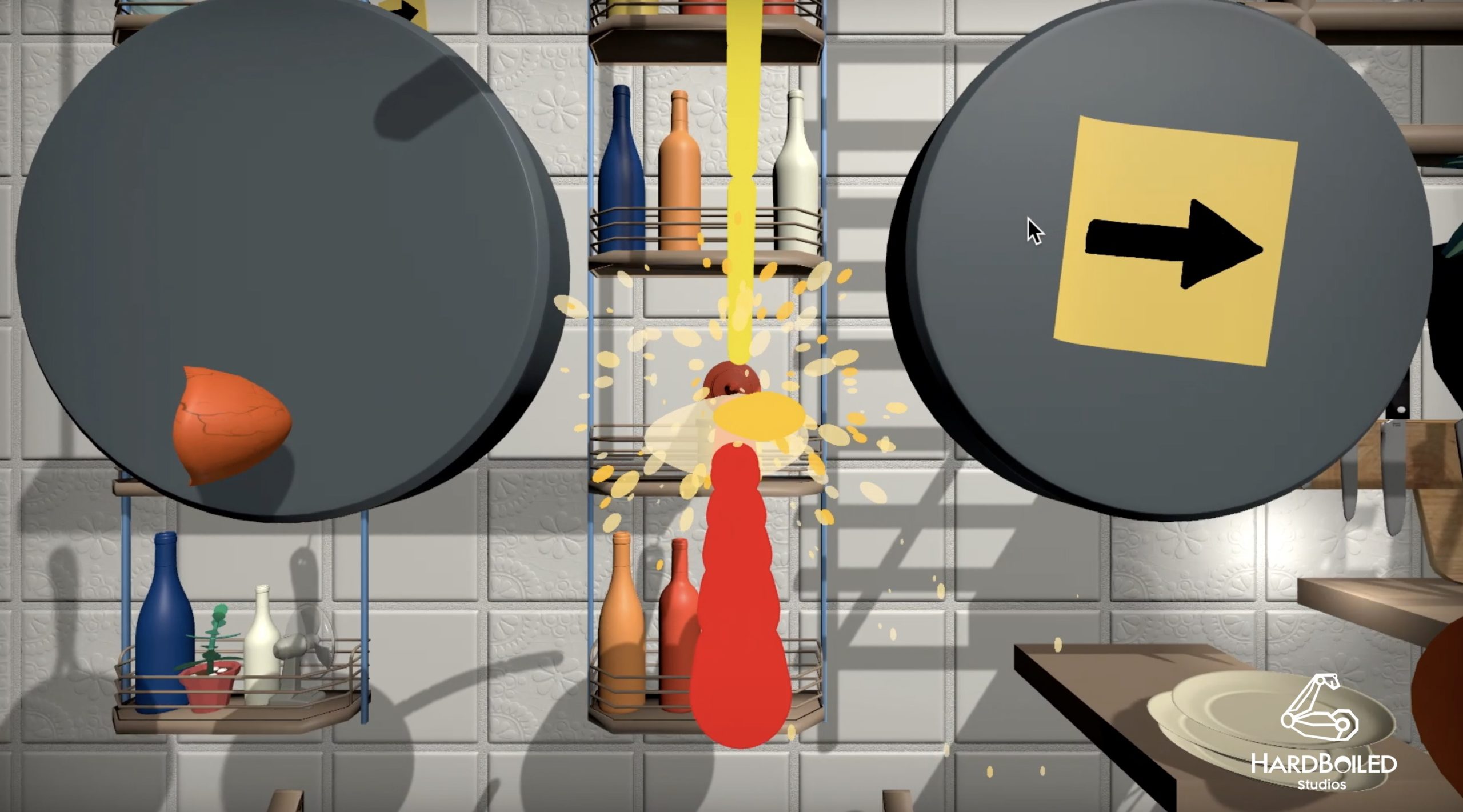
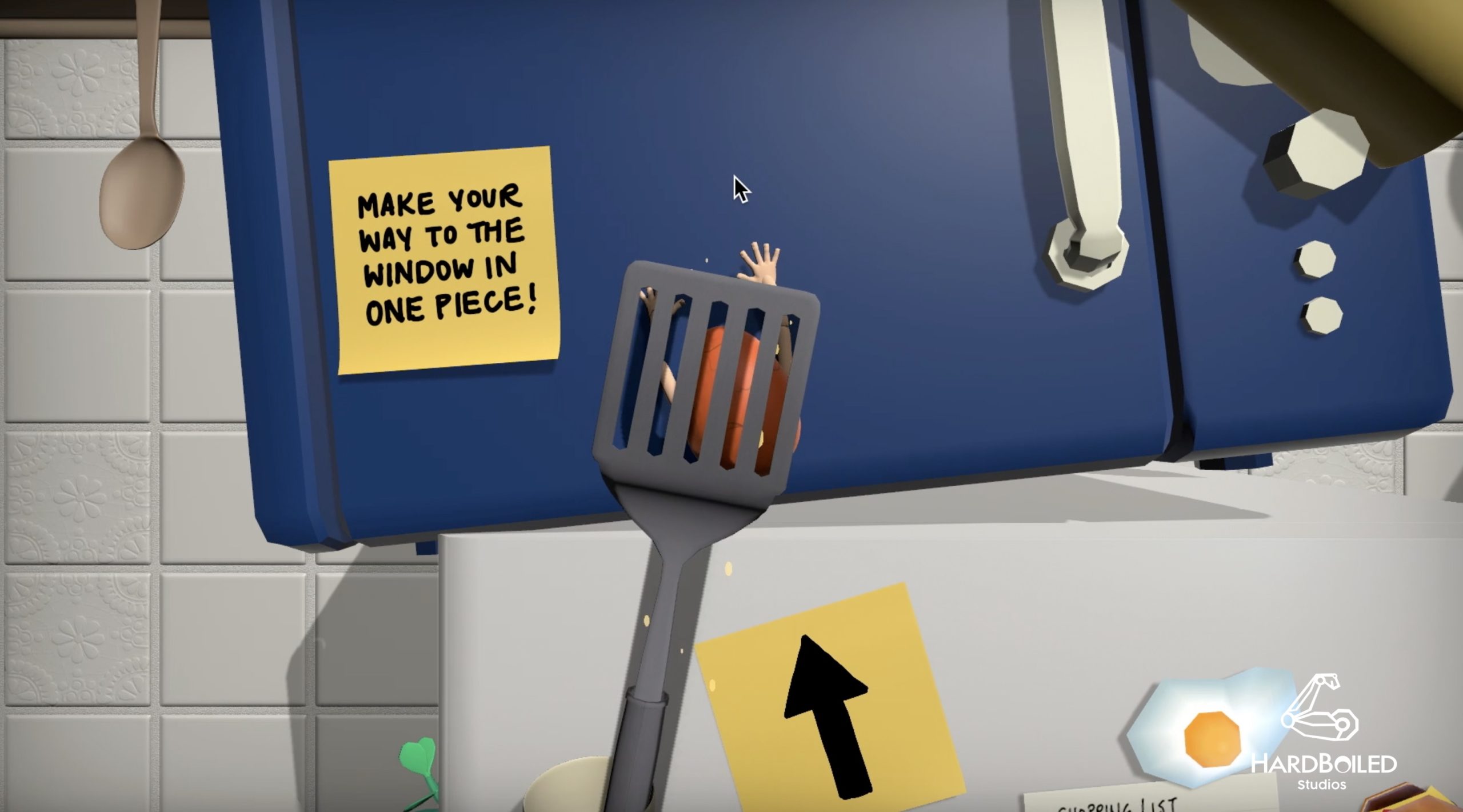
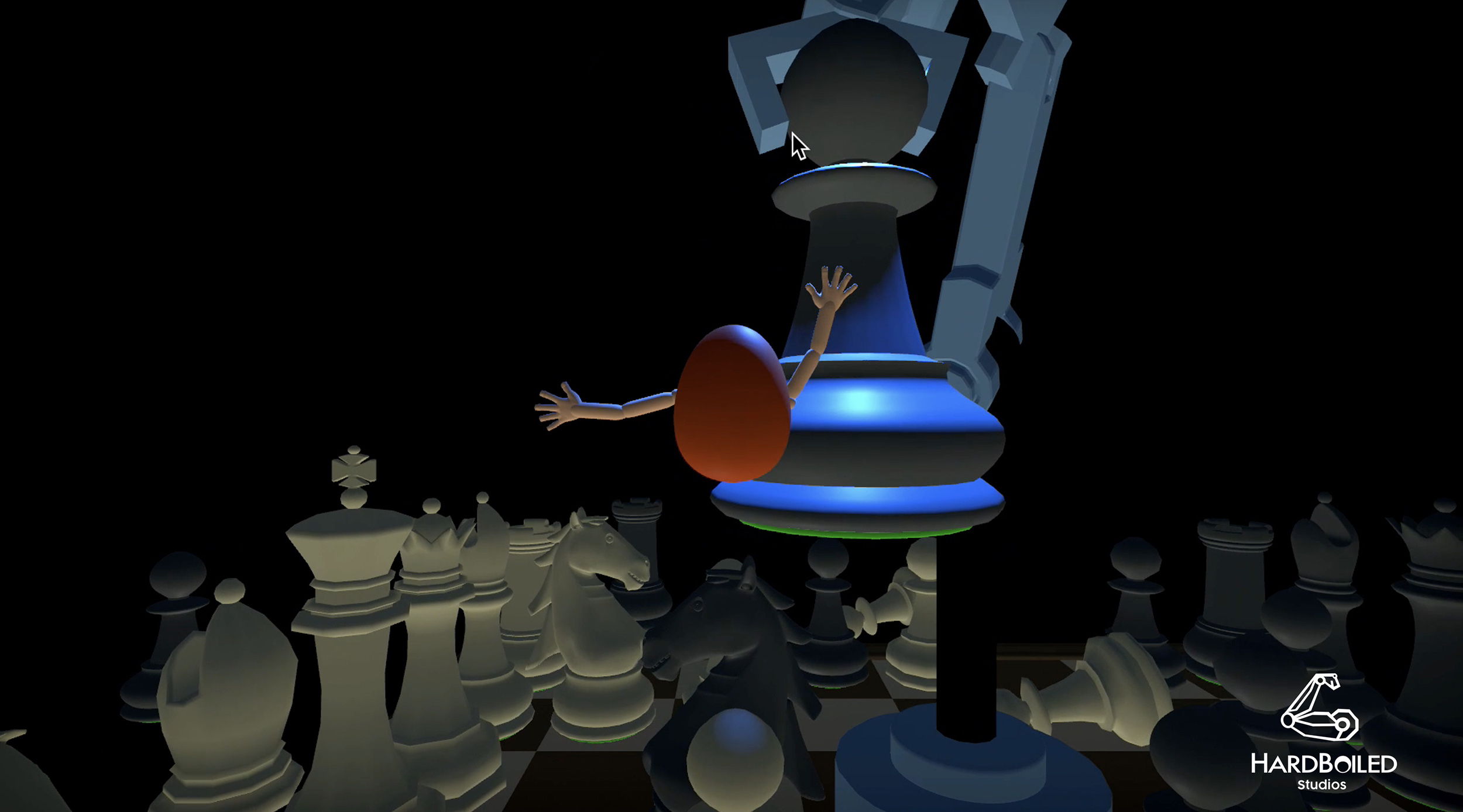
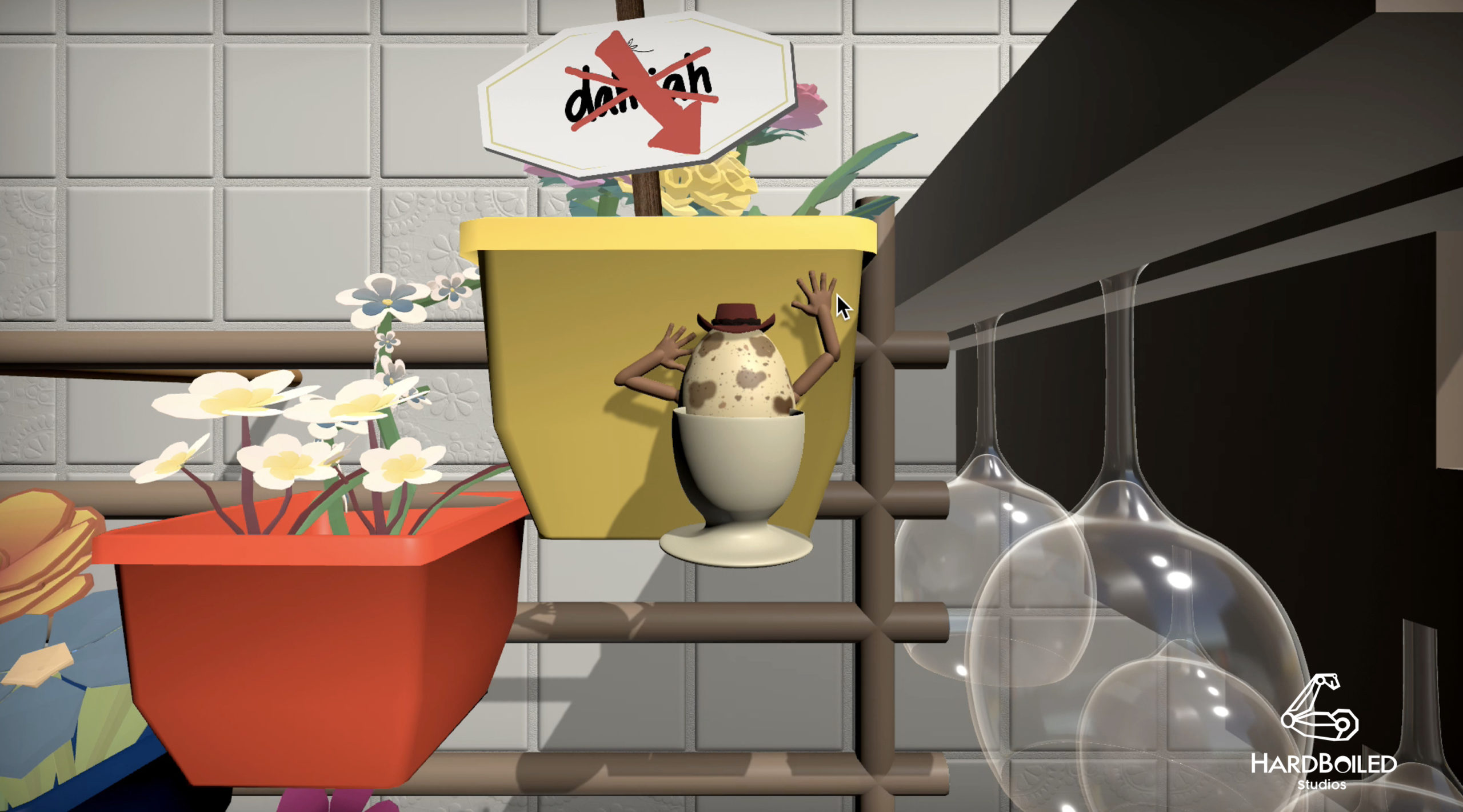
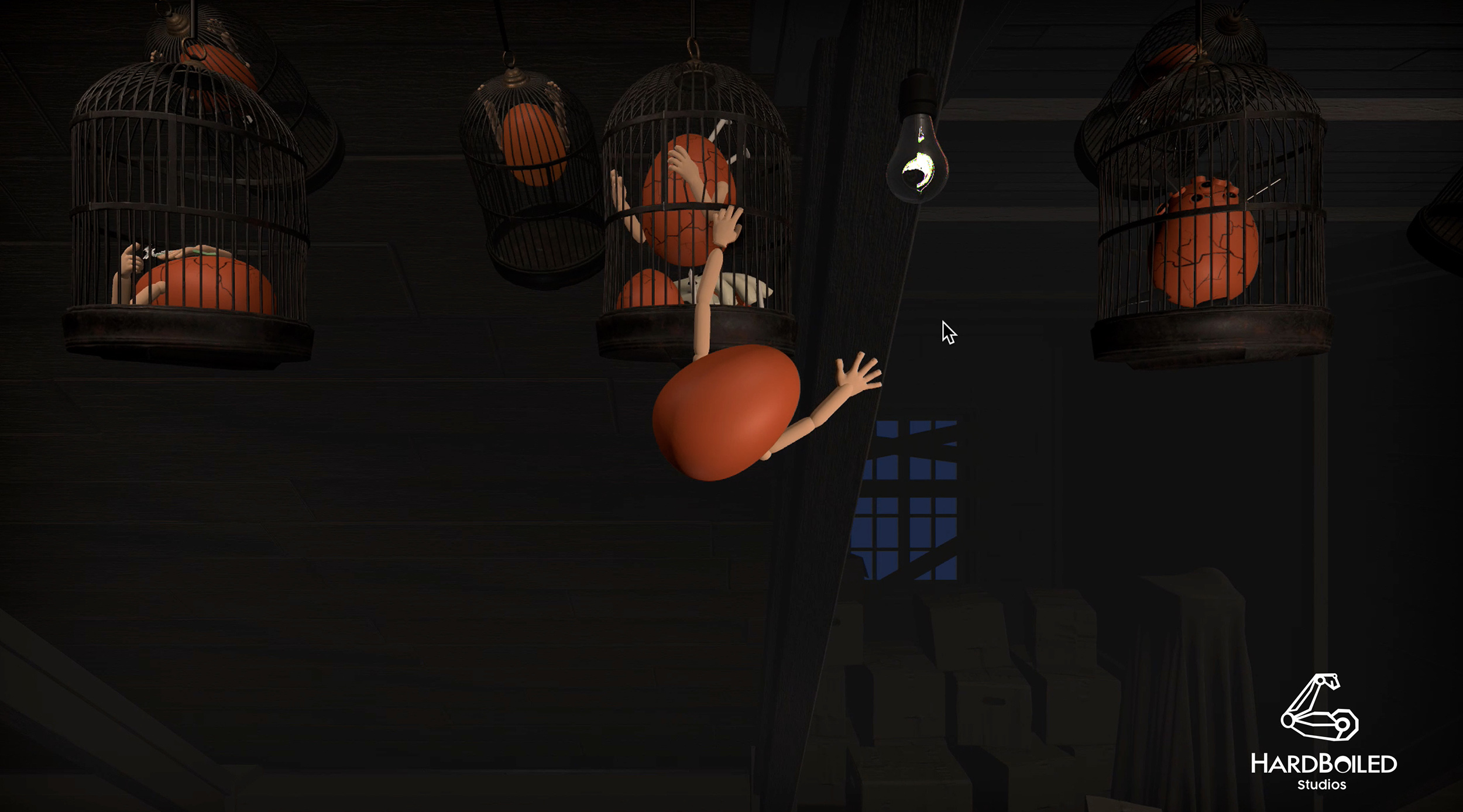
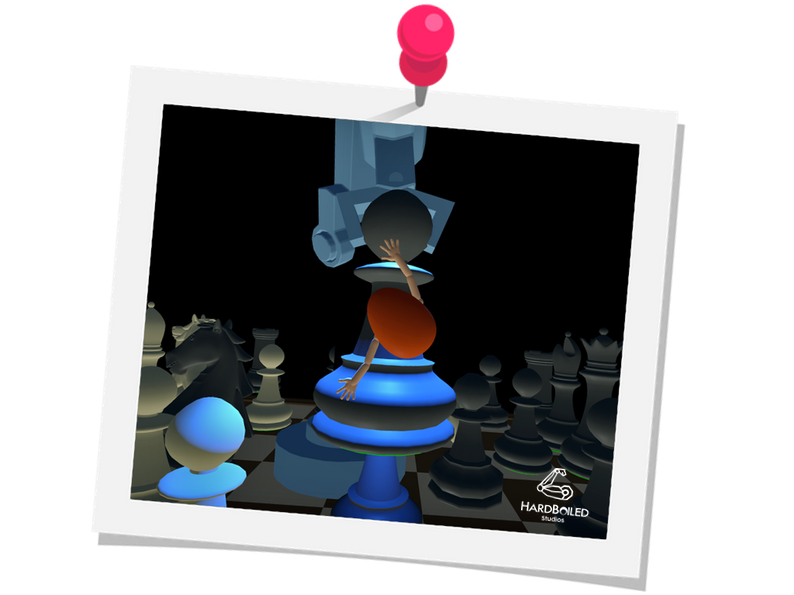

 MENU
MENU 
